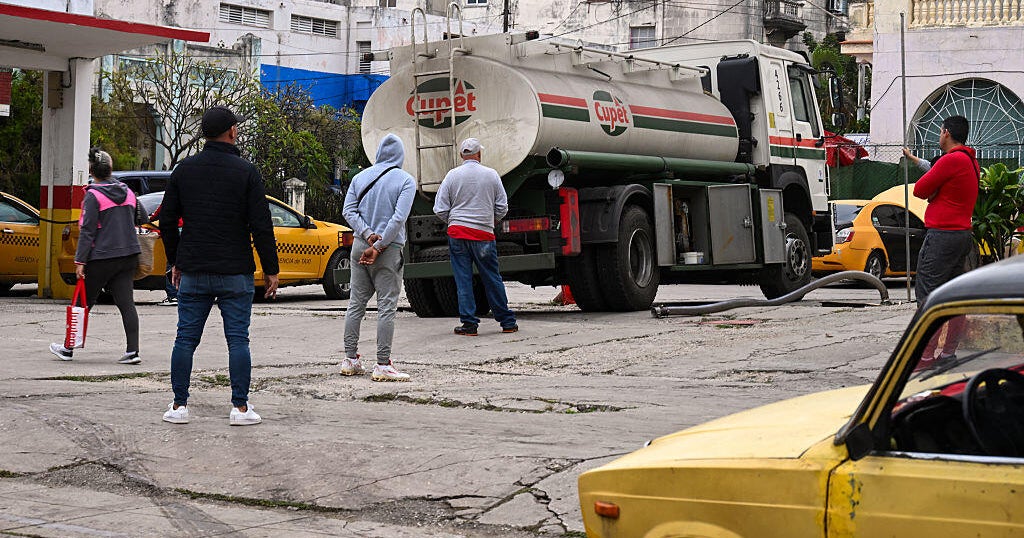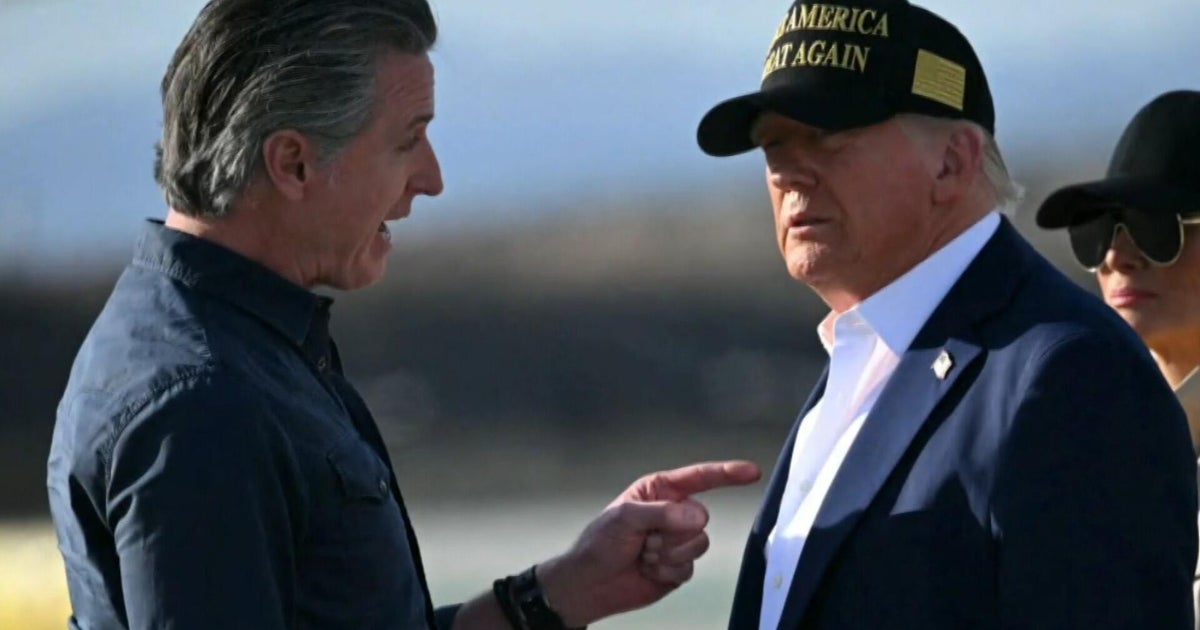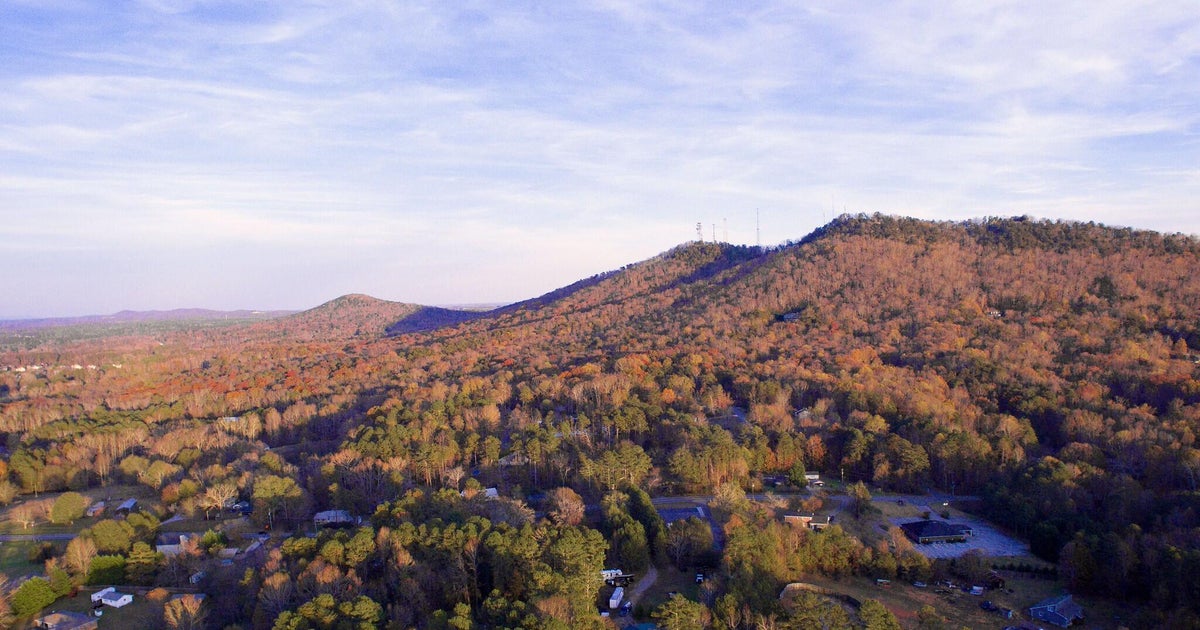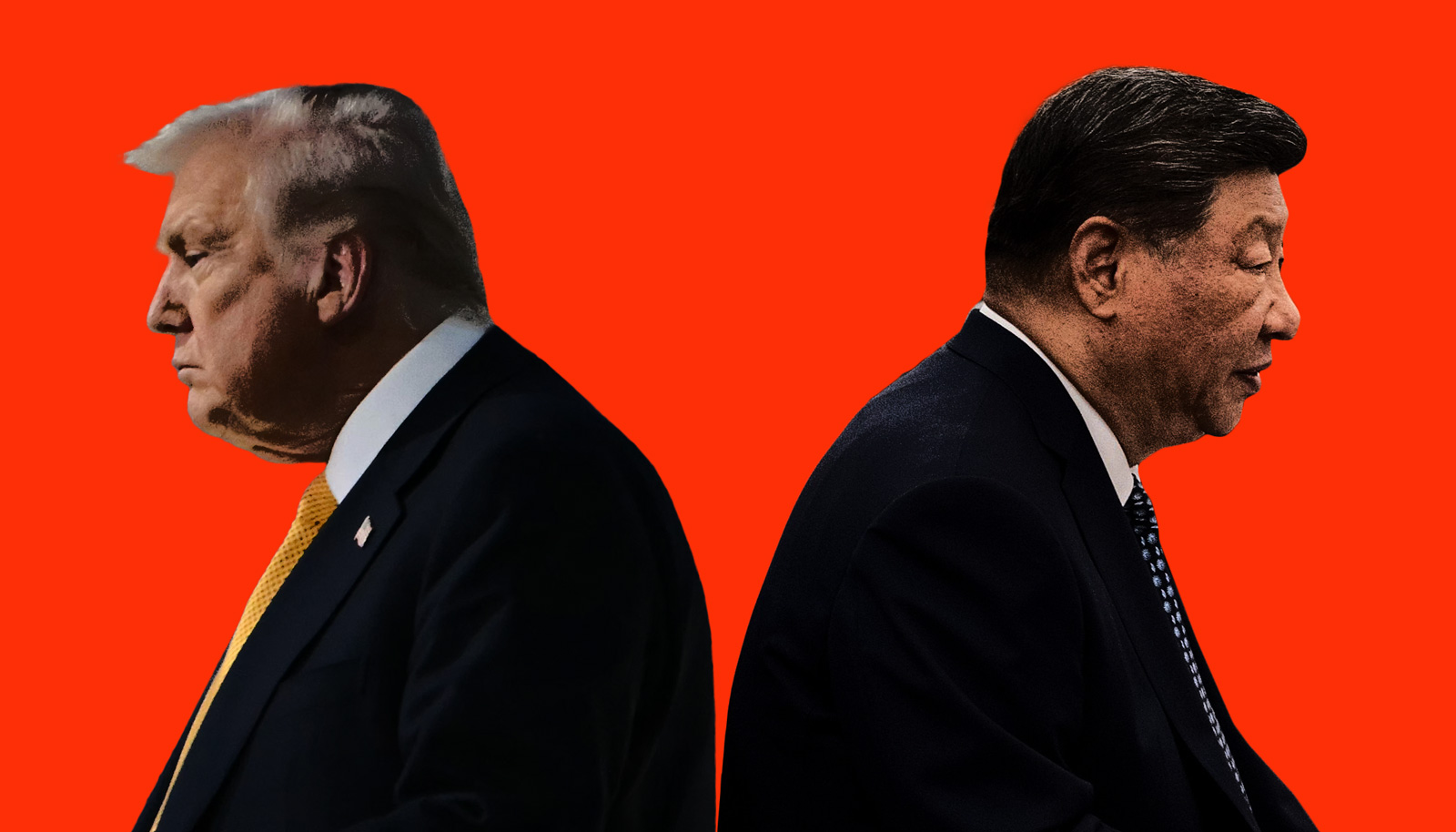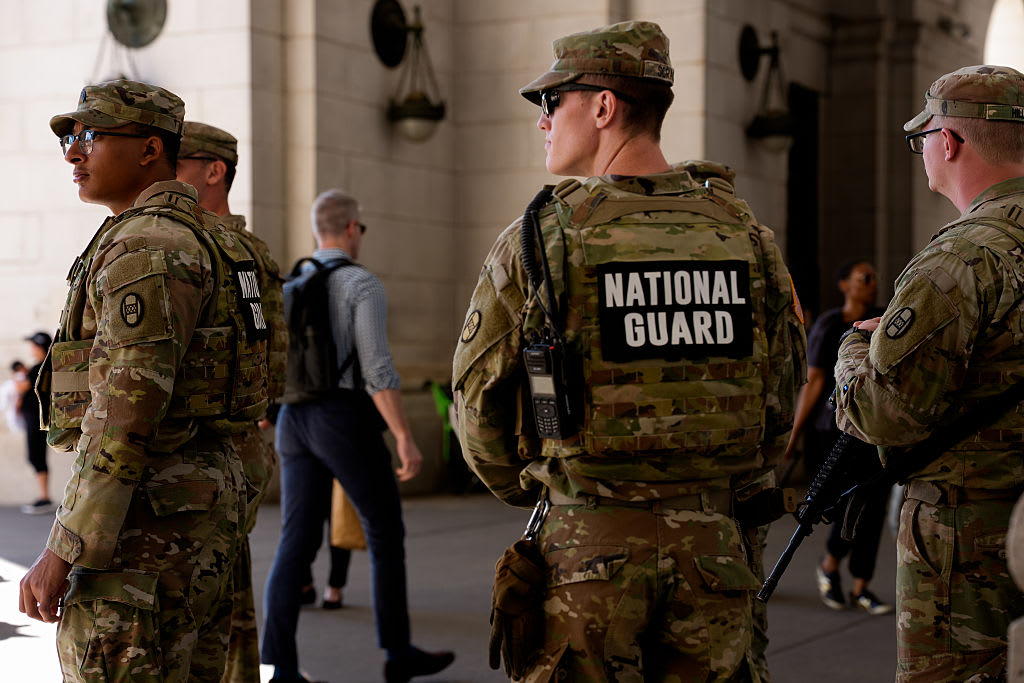Uncertainty surrounding Trump's travel ban hurting airlines, U.S. tourism
President Trump’s travel ban is costing airlines millions of dollars in revenue. The Global Business Travel Association says $185 million in business travel bookings were lost in the week following the executive order.
President Trump met with chief executives of several major U.S. airlines at the White House Thursday, after one airline CEO called the travel ban “divisive.”
President Trump signed the travel ban two weeks ago, blocking citizens from seven predominantly Muslim nations in a move he says aims to make America safer. But even a hold on the executive order hasn’t stopped repercussions from spreading throughout the travel industry, which is now faced with uncertainty, confusion, and a loss of revenue as the issue continues to be battled in court, reports CBS News correspondent Peter Greenberg.
U.S. international airports have become the hub for thousands protesting President Trump’s travel ban. But the topic was notably absent during a meeting with Mr. Trump and aviation executives at the White House on Thursday, reports CBS News travel editor Peter Greenberg.
“Your industry supports over 10 million well-paying U.S. jobs and creates almost one trillion in economic activity,” the president said.
But uncertainty surrounding the president’s immigration ban may be threatening that prosperity.
“There is an immediate and noticeable decline in people coming to the U.S. as the result of the executive order,” said industry analyst Henry Harteveldt, co-founder of the Atmosphere Research Group. “Tourism brings in high-valued dollars to the U.S. and it’s an important employer of a lot of people in America.”
According to the travel data company ForwardKeys, flight bookings to the U.S. dropped 6.5 percent year-over-year during the week the travel ban was in place. Bookings from the seven countries listed on Trump’s order to the U.S. were down 80 percent.
“Uncertainty is bad for business, but it’s especially bad for travel,” said Dara Khosrowshahi, CEO of Expedia, the world’s largest online travel company. Expedia joined Washington state’s lawsuit against the executive order.
Khosrowshahi said the ban hurts more than just business.
“I think what people don’t understand is just how powerful the American dream is as a brand,” Khosrowshahi said.
Khosrowshahi, who emigrated from Iran nearly 40 years ago, hopes America’s appeal isn’t lost on those looking to visit.
“You know, you take Apple and Nike and McDonald’s together and you put them together and you multiply it by a thousand, that’s the strength of the American dream outside the U.S. If you believe in democracy and you want to work really hard, you want to be part of the melting pot, come on over,” Khosrowshahi said. “That’s the spirit of our nation and we don’t want to hurt that brand.”
But there’s a certain unintended consequence here. The drop in online search and bookings is creating a global buyers’ market in travel, not just in coach but in business class as well. That also includes hotel rates and cruise ship fares.
The case will most likely continue in the courts and the continued uncertainty could extend this buyers’ market for months.

